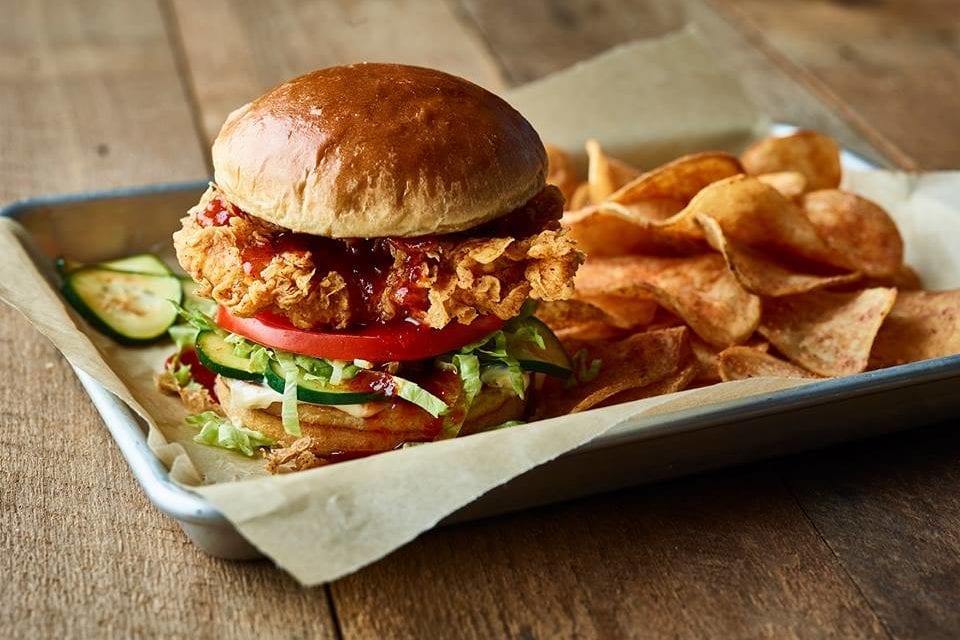Why Expansion to Fast Casual Works for Established Restaurant Brands

Photo Credit: Fast casual concepts are cheaper to operate than full-service restaurants and appeal better to younger consumers. Aussie Grill
Skift Take
Fast casual concepts represent a large opportunity for restaurant groups that may be feeling a bit of pressure to keep sales momentum going after turning fortunes around.


